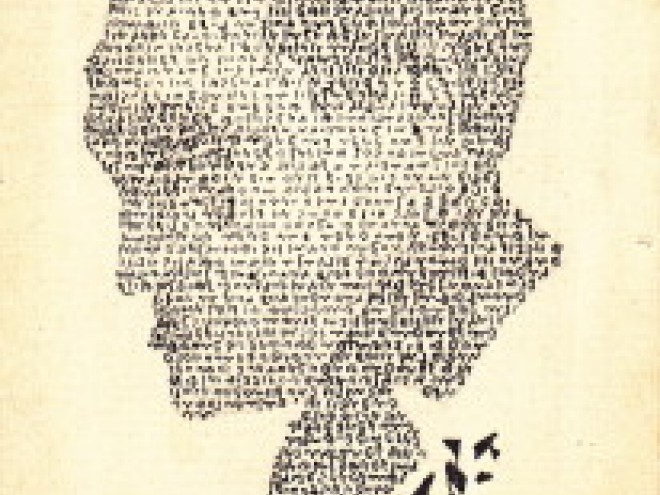The Jewish world incinerated in the Holocaust was not the one we know from Sholom Aleichem or Marc Chagall, where peasants lived in poverty in tiny towns of wooden huts. It was more like the one that David Bergelson wrote about, where bourgeois families owned distilleries and lumberyards, educated their children for the professions, employed maids and stable boys, and prided themselves on speaking Polish or Russian.
The End of Everything captures that life and the landscape it inhabited in vivid detail. I n the novel, Mirel Hurvits, daughter of a businessman, attracts several suitors with her beauty and intelligence. Distracted and self-absorbed, she never feels entirely involved or satisfied with the men who court her. After rejecting a few of them she agrees to a loveless marriage that only accelerates her depression and unhappiness. The pleasures of the story come from its ensemble of sympathetic characters, seen pursuing their aspirations amid their daily lives.
David Bergelson was one of the 13 Soviet Jewish intellectuals executed on August 12, 1952. He embraced socialism and later Communism for Jewish-nationalist reasons and survived the purges of the 1930’s before becoming a victim of Stalin’s postwar anti-Semitism. Translator Joseph Sherman’s superb introduction traces the author’s life in detail and brilliantly contextualizes the novel as well.
Be sure to check out the Jewish Book Council’s “Yiddish Literature” book club reading list.Bob Goldfarb is President Emeritus of Jewish Creativity International.





